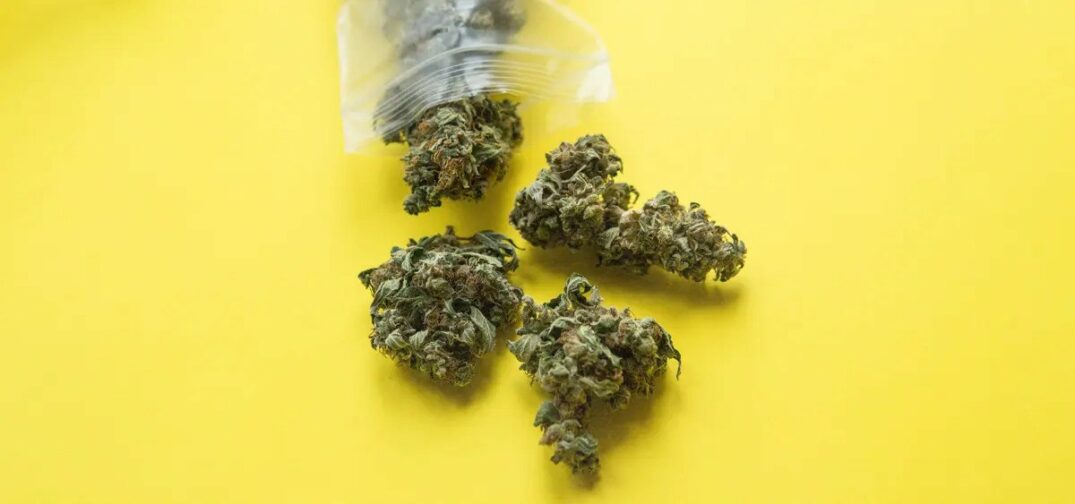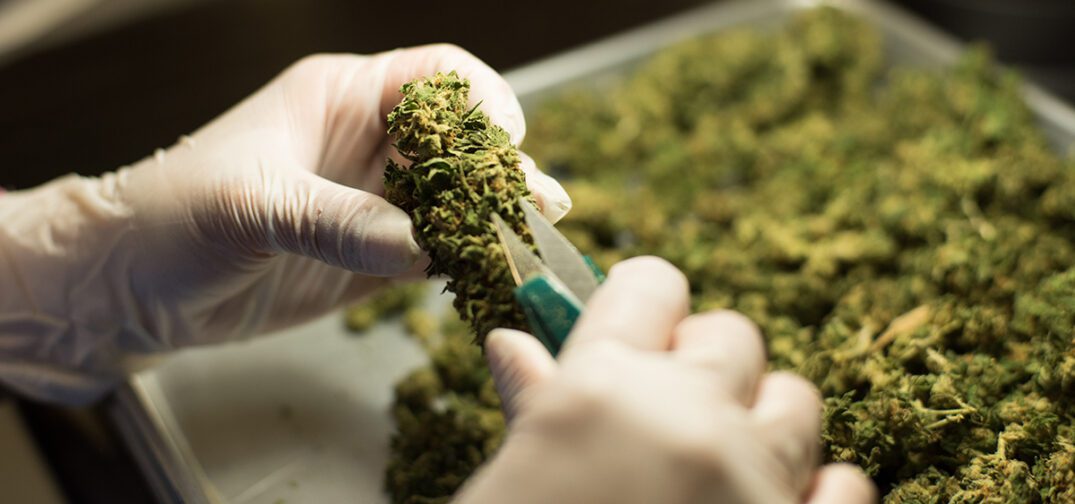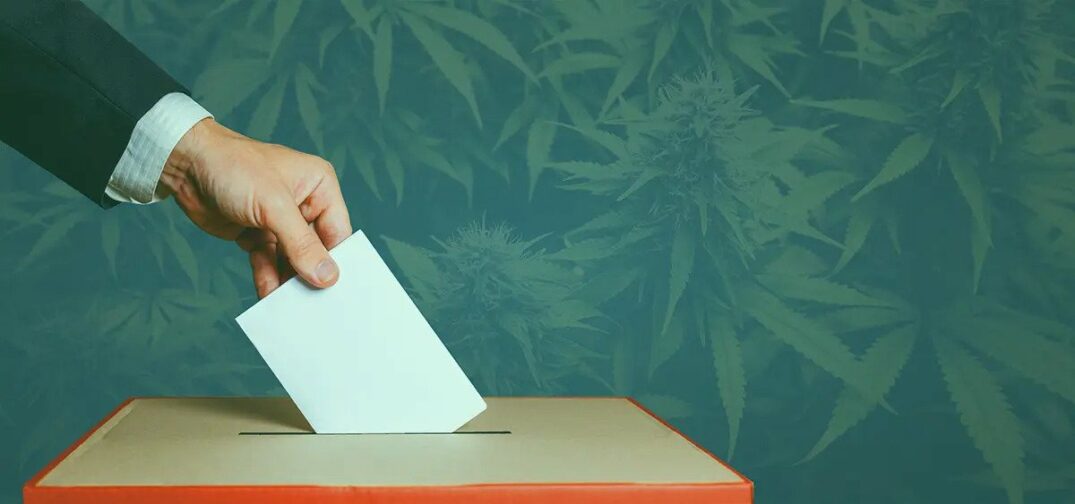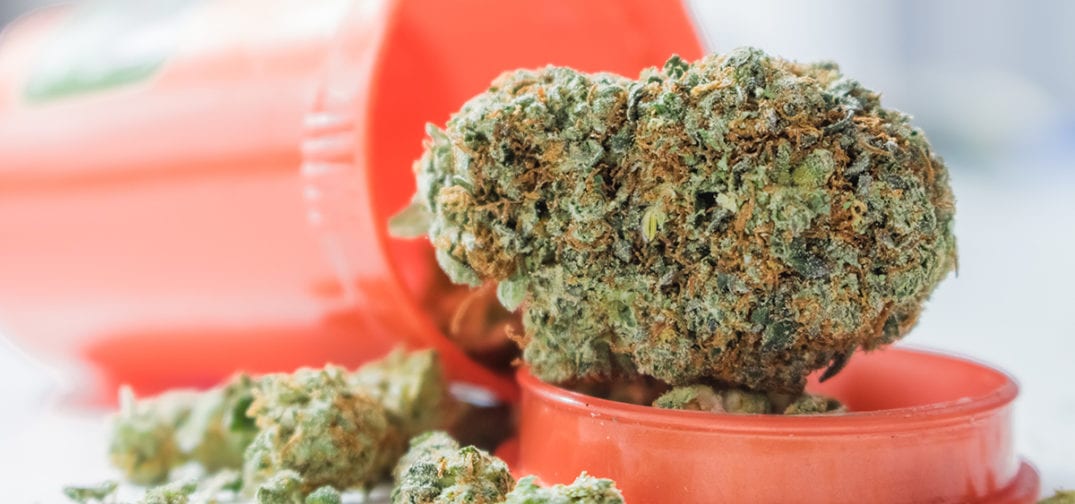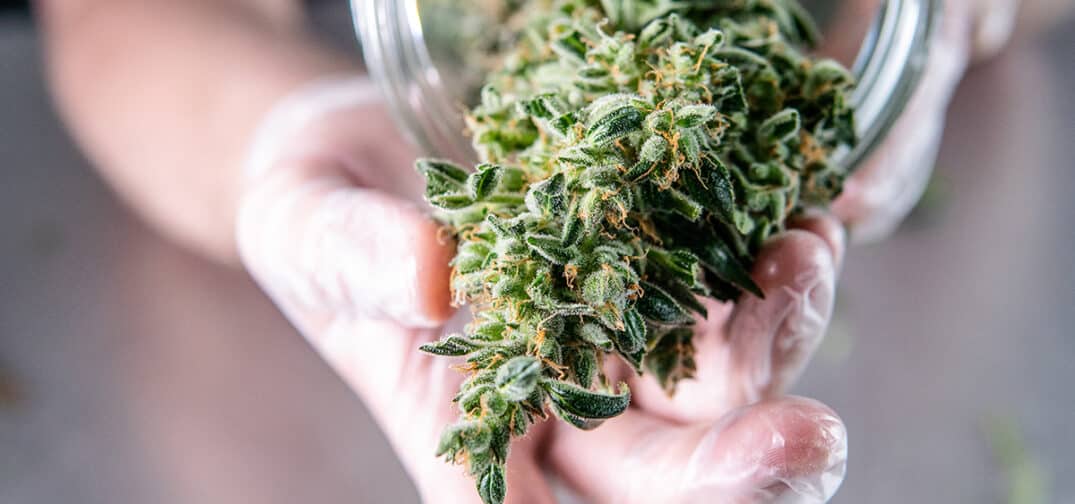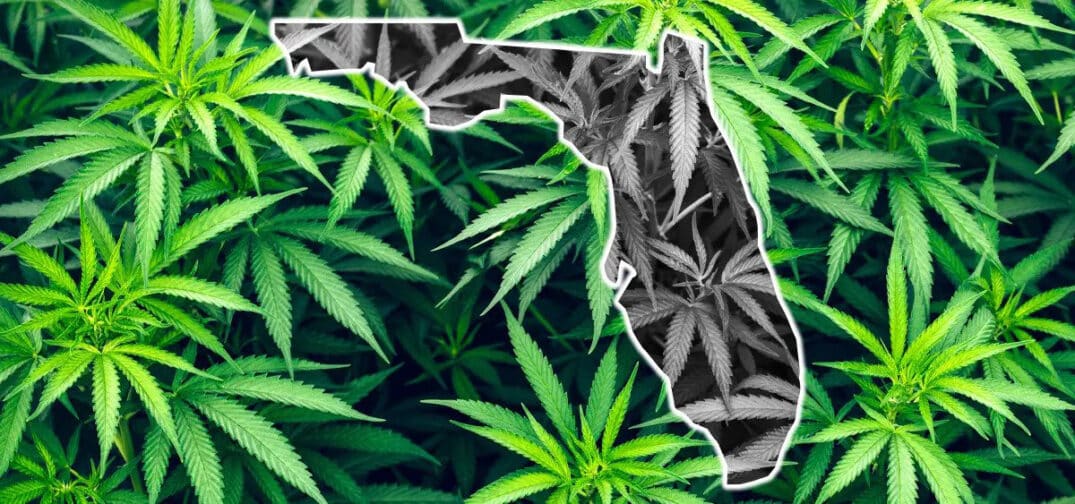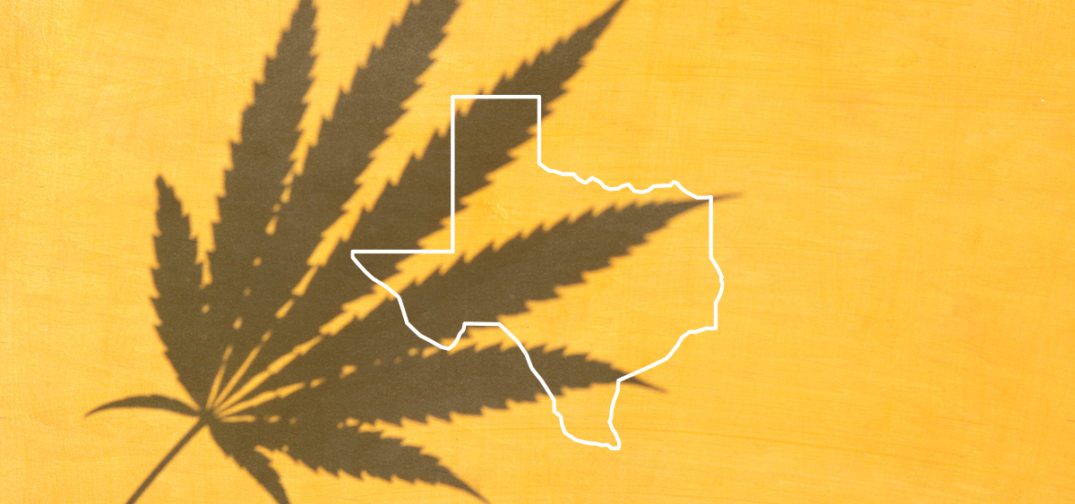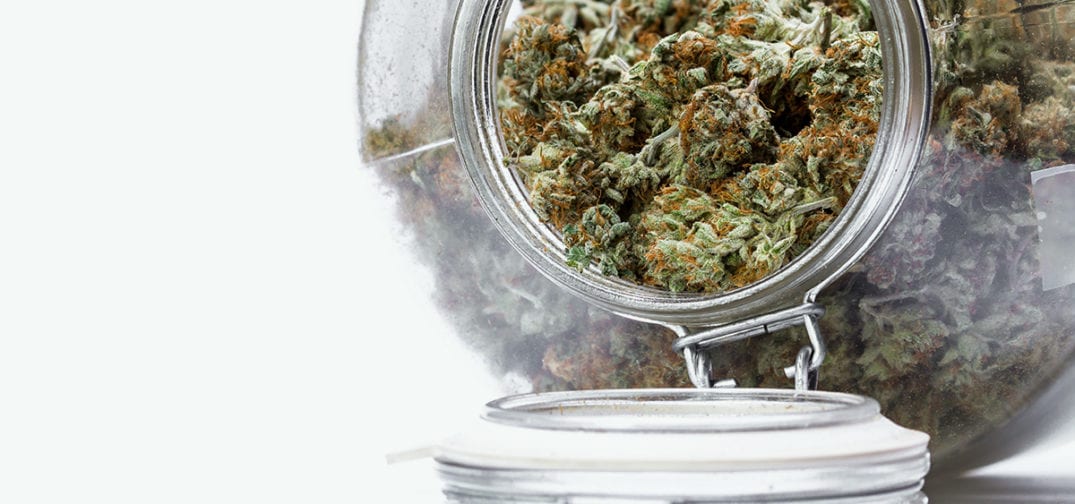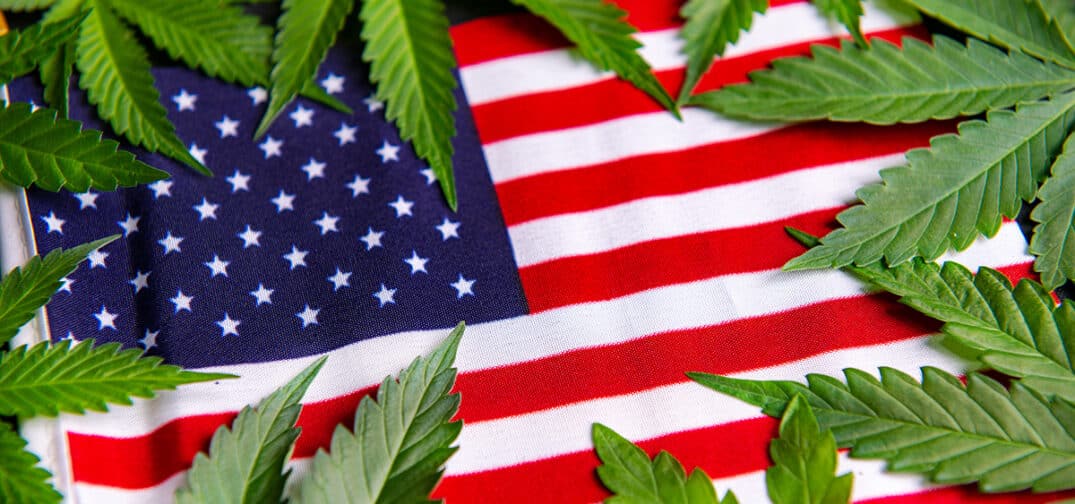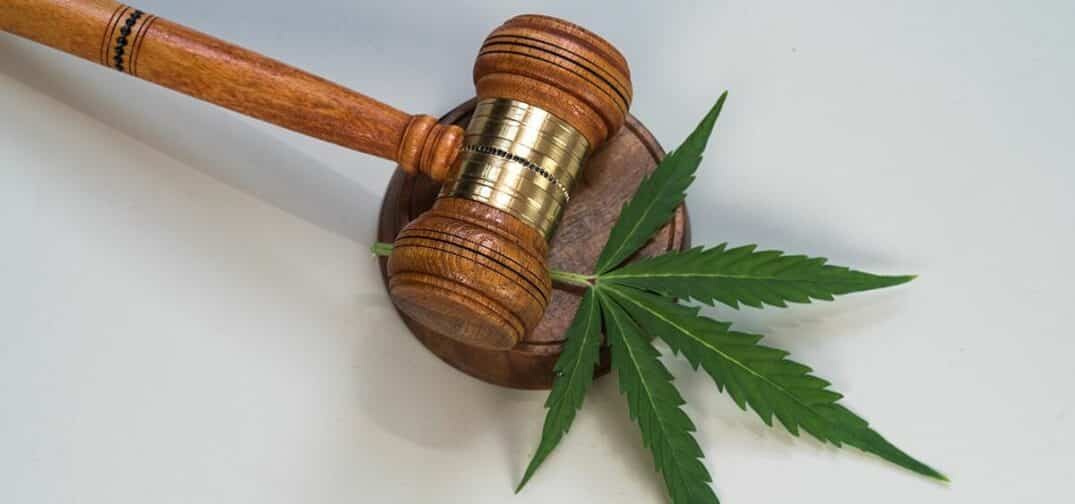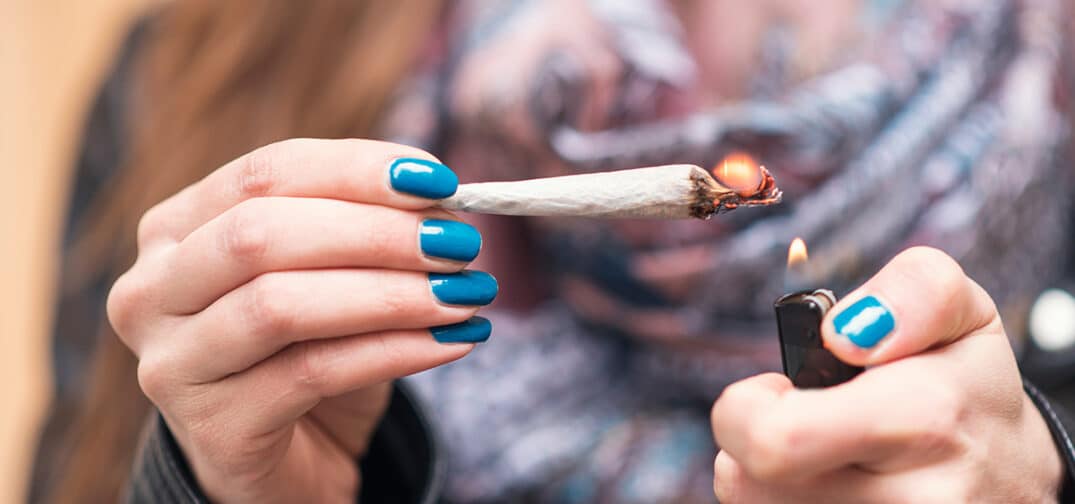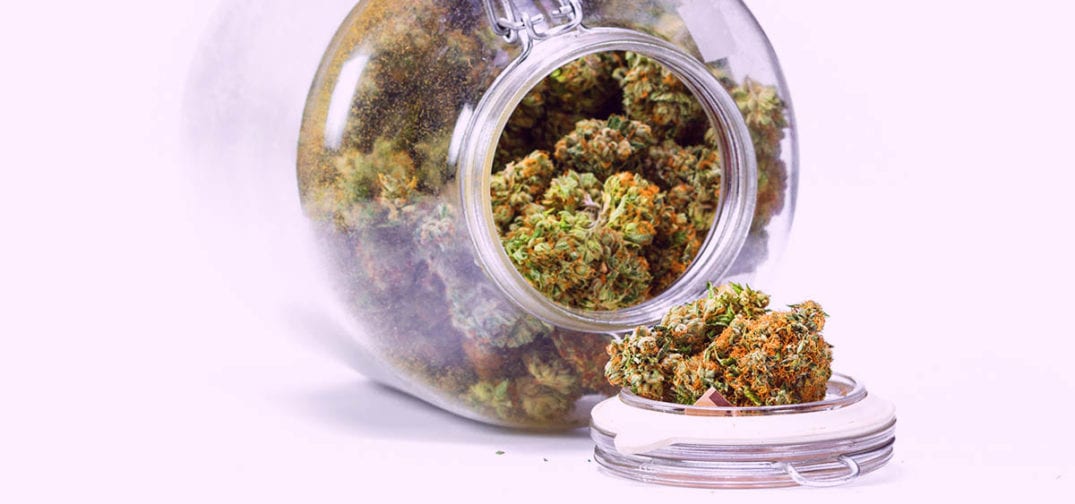New Hampshire Gov. Chris Sununu (R) has approved a pair of bills that expand medical cannabis access for patients in the state. The governor signed the legislation on July 26.
One measure, SB 357, allows anyone “who is licensed to prescribe drugs to humans” and “possesses an active registration” from the Drug Enforcement Administration to prescribe controlled substances and “who is primarily responsible for the patient’s care related to his or her qualifying medical condition” to recommend patients to the state’s medical cannabis program.
The other, HB 1278, allows health care providers to issue a medical cannabis recommendation to patients with any medical condition that may benefit from cannabis therapies, whether or not the condition is included on the state’s qualifying conditions list. The law allows providers to recommend cannabis for medical conditions for which “the potential benefits of using therapeutic cannabis would, in the provider’s clinical opinion, likely outweigh the potential health risks for the patient.”
In a statement, NORML Deputy Director Paul Armentano noted that “Physicians already possess the discretion to prescribe any number of medications, like opioids, which pose far greater risks to health than marijuana.”
“It is appropriate that health care providers possess the same freedom to make medical cannabis-related decisions as they do when choosing to authorize other therapeutic options for their patients.” — Armentano in a statement
In April, Delaware enacted similar reforms, allowing healthcare providers to certify patients for the state’s medical cannabis program for any condition. California, Maine, and Virginia have similar policies.
According to the most recent report, 2022, there are more than 13,000 registered medical cannabis patients in New Hampshire.
End

